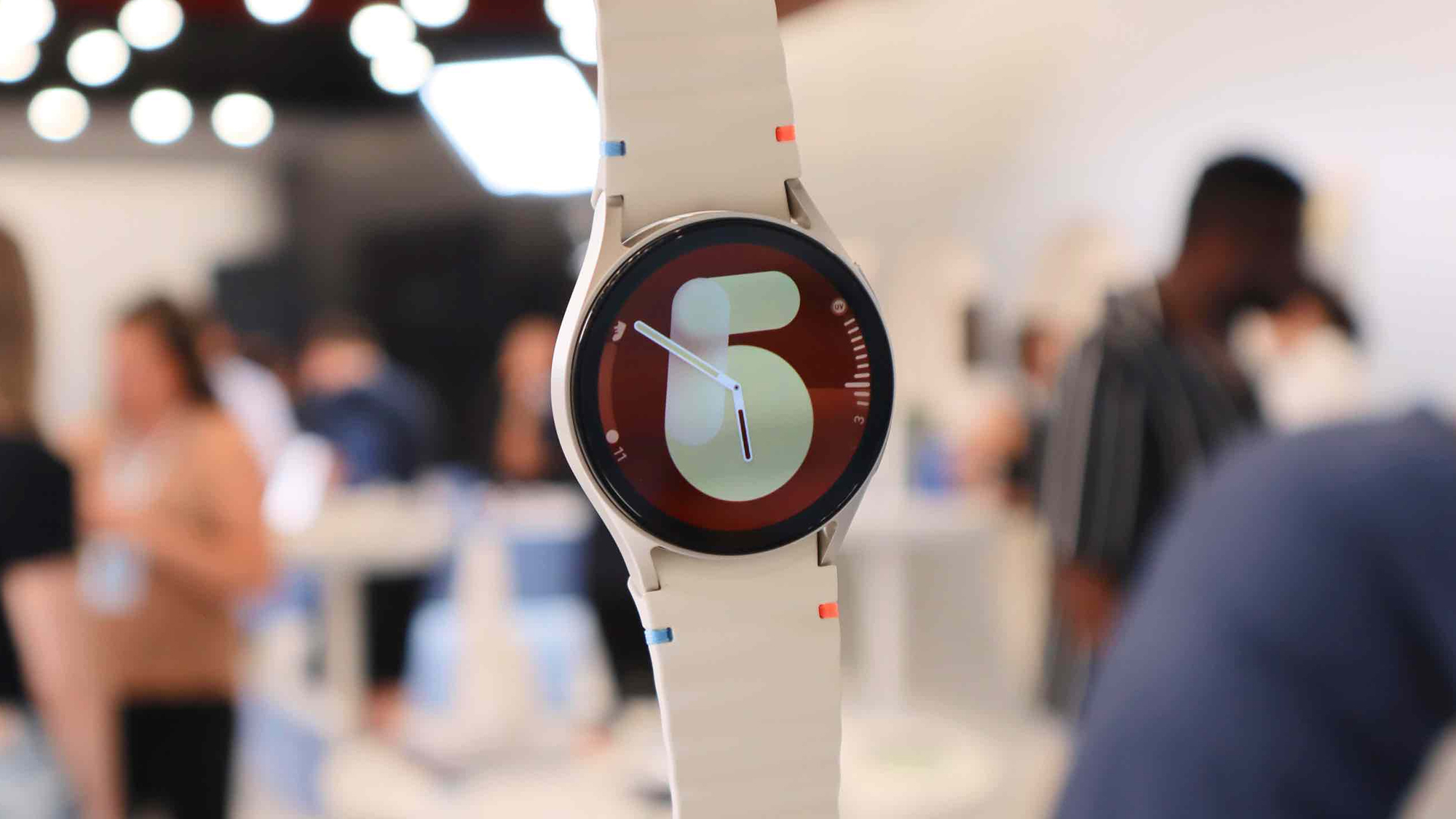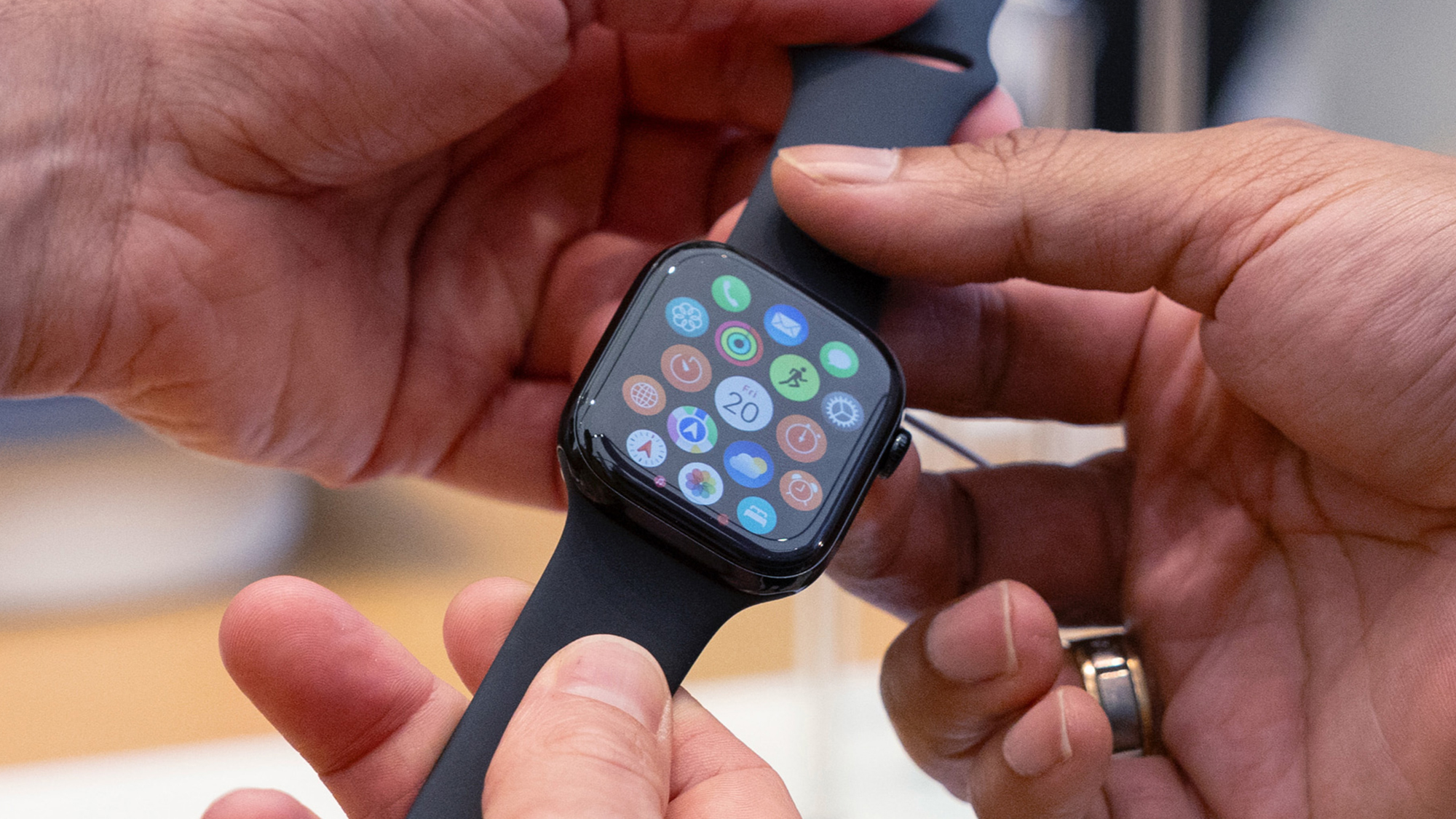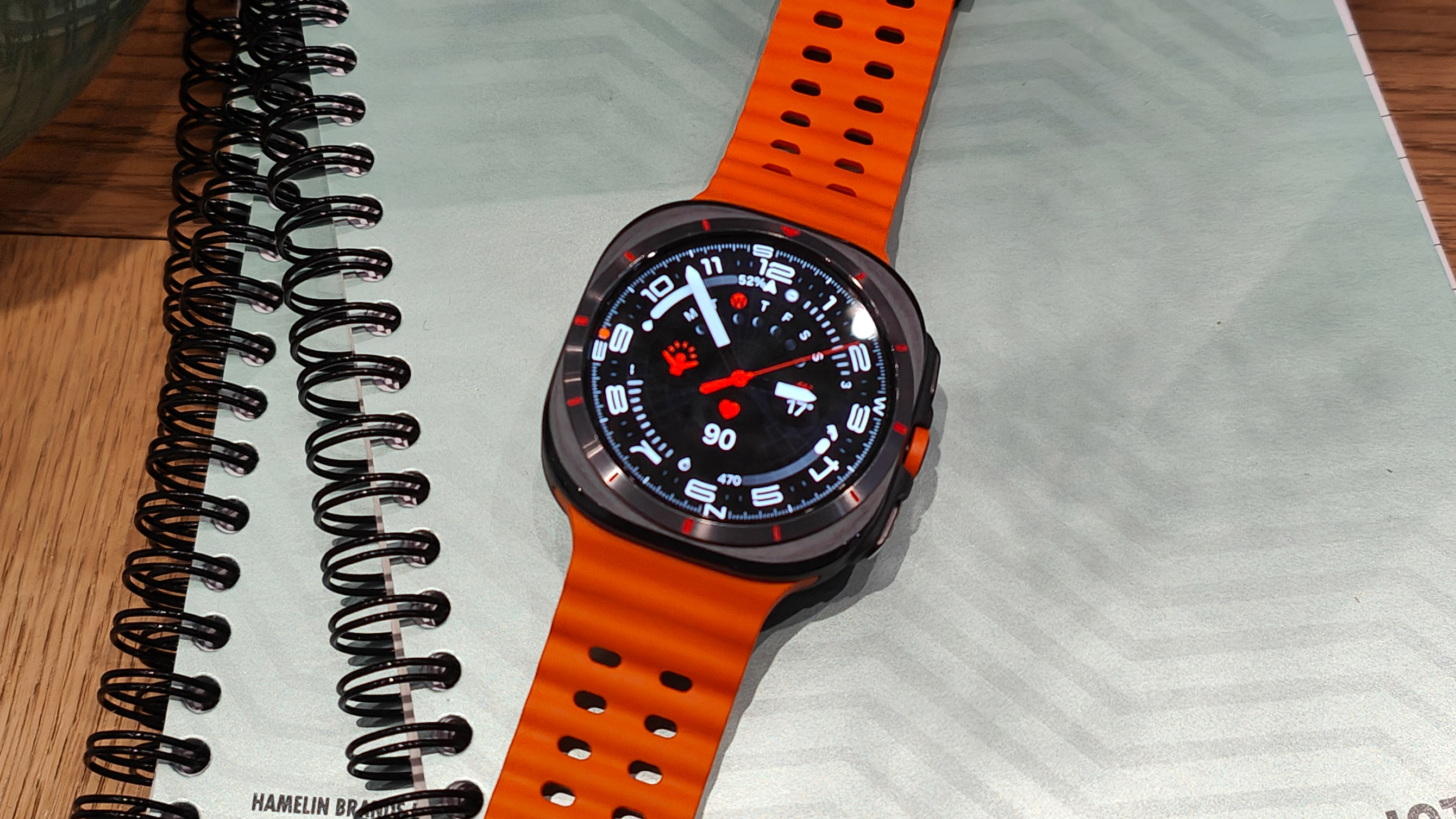The Samsung Galaxy Watch series' biggest flaw is something Apple nailed years ago
Make it make sense

Sign up for breaking news, reviews, opinion, top tech deals, and more.
You are now subscribed
Your newsletter sign-up was successful
It's almost time for a refresh of Samsung's smartwatch range – check our Galaxy Watch 7 review and Galaxy Watch Ultra review for details of last year – and thanks to a succession of leaks, we think we've got a pretty good idea of what's coming.
Samsung seems likely to change up its approach to smartwatch launches again for 2025, and we're probably not going to get just the Galaxy Watch 8 and the Galaxy Watch Ultra 2, as you might expect – and that's something of a problem for Samsung and Wear OS fans making plans to upgrade this year.
Indeed, as you might have noticed, Samsung tends to change up its wearables strategy every year, which seems needlessly confusing. I think Apple's approach in this category makes far more sense, and I'll explain why.
Clear: the Apple approach

The first Apple Watch was announced in September 2014, and went on sale in April 2015. We then got the Series 1 and the Series 2 (actually more like the Apple Watch 2 and the Apple Watch Ultra) in September 2015. Admittedly that's a bit of a messy start, but since then there's been much clarity to the Apple Watch schedule.
Specifically: a next-generation Apple Watch each and every September. You can (if you'll forgive the pun) set your watch by the cadence of these wearable launches. It would be a huge surprise if we didn't get the Apple Watch Series 11 this coming September, alongside the new iPhone 17 series.
Now admittedly, Apple has muddied the waters a bit with different variations – most recently the Apple Watch SE 2 (launched in September 2022 and still awaiting a follow-up), and the Apple Watch Ultra 2 (launched in September 2023 and still awaiting a follow-up, though we got a new color last year).
Even better, we know exactly where we stand with the software updates as well: watchOS gets an update every September as well, alongside the new hardware.
Sign up for breaking news, reviews, opinion, top tech deals, and more.
The numbering system may have changed, so it's now watchOS 26 that's due later in 2025, but we know when these new software versions are coming, and Apple always previews them a few months before at WWDC 2025. It's consistent, clear, and easy to follow.
Confusing: the Samsung approach

Let's contrast the Apple approach with the way Samsung launches smartwatches: it changes its line-up year after year, apparently unsure about what products it wants to launch or what its users are actually after. We've had Galaxy Watches since 2018, and the launch pattern has been rather patchy since then.
Last year we got the Galaxy Watch 7 and the Galaxy Watch Ultra, and the year before that we were treated to the Galaxy Watch 6 and the Galaxy Watch 6 Classic. The year before that, 2022, was different again: Samsung unveiled the Galaxy Watch 5 and the Galaxy Watch 5 Pro (oh, and launched them in August rather than July).
It seems we're back on a 'Classic' year for 2025, because the leaks to date have been pointing towards the arrival of the Galaxy Watch 8 Classic. At the same time there's also been chatter around the imminent launch of both a standard Galaxy Watch 8 and a Galaxy Watch Ultra 2. All we're missing is a Pro model and we'd have a full set (and that's without mentioning the FE or older Active models).
Not only does this make it difficult for anyone planning to upgrade year on year, it also makes it harder to figure out exactly what you're going to get – does a Classic beat a Pro? Are Pros and Ultras the same? Which one has the rotating bezel again? Some Apple-like clarity from Samsung wouldn't go amiss.
We'll be covering the Samsung Unpacked event live on Wednesday, July 9, and you can watch along online as well. Whatever Samsung decides to unveil this time around, we'll explain everything you need to know about how the models compare to each other, and what's new from last year.
You might also like

Dave is a freelance tech journalist who has been writing about gadgets, apps and the web for more than two decades. Based out of Stockport, England, on TechRadar you'll find him covering news, features and reviews, particularly for phones, tablets and wearables. Working to ensure our breaking news coverage is the best in the business over weekends, David also has bylines at Gizmodo, T3, PopSci and a few other places besides, as well as being many years editing the likes of PC Explorer and The Hardware Handbook.
You must confirm your public display name before commenting
Please logout and then login again, you will then be prompted to enter your display name.